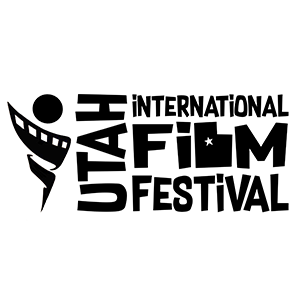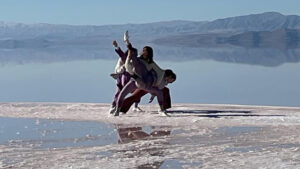Top 10 Controversial Films of the Last Century
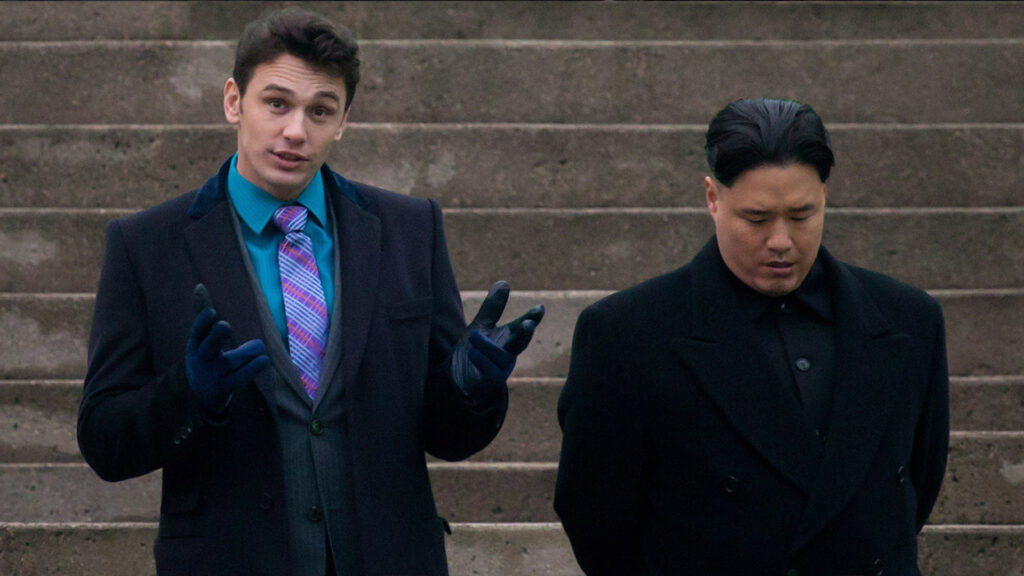
At the Utah International Film Festival, we acknowledge that cinema functions both as a reflection of prevailing societal norms and as a daring experiment challenging those very norms. Some filmmakers boldly utilize this medium to question established social standards. Whether driven by a desire to advocate for a cause, express personal beliefs, or simply provoke visceral reactions from their viewers, these auteurs have crafted movies that persist in their ability to ignite controversy.
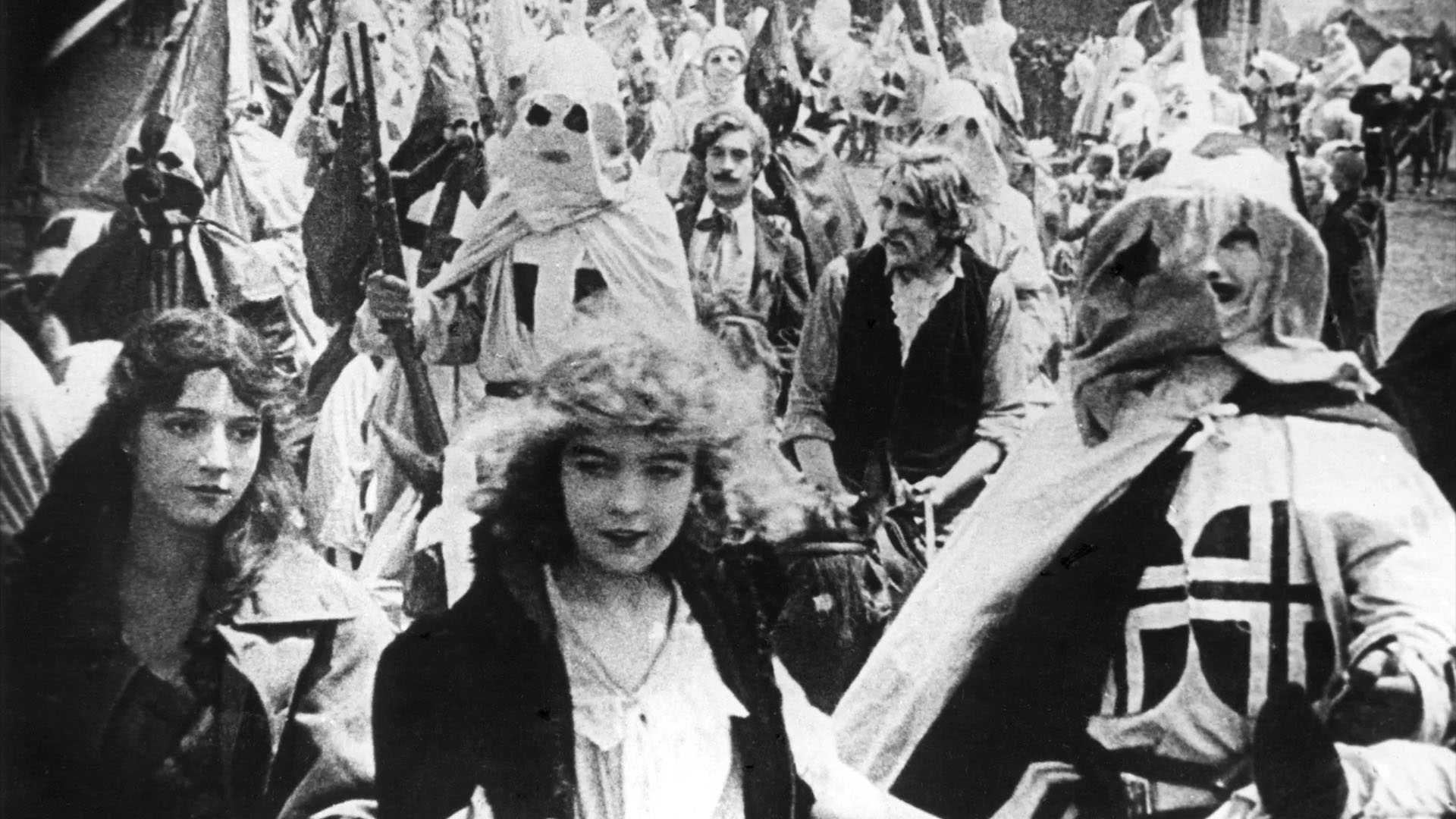
“The Birth of a Nation” (1915): Directed by D.W. Griffith, this silent film depicted the American Civil War and Reconstruction era. While it was groundbreaking in terms of film technique, it was highly controversial for its racist portrayal of African Americans and its glorification of the Ku Klux Klan, leading to protests and bans in several cities.
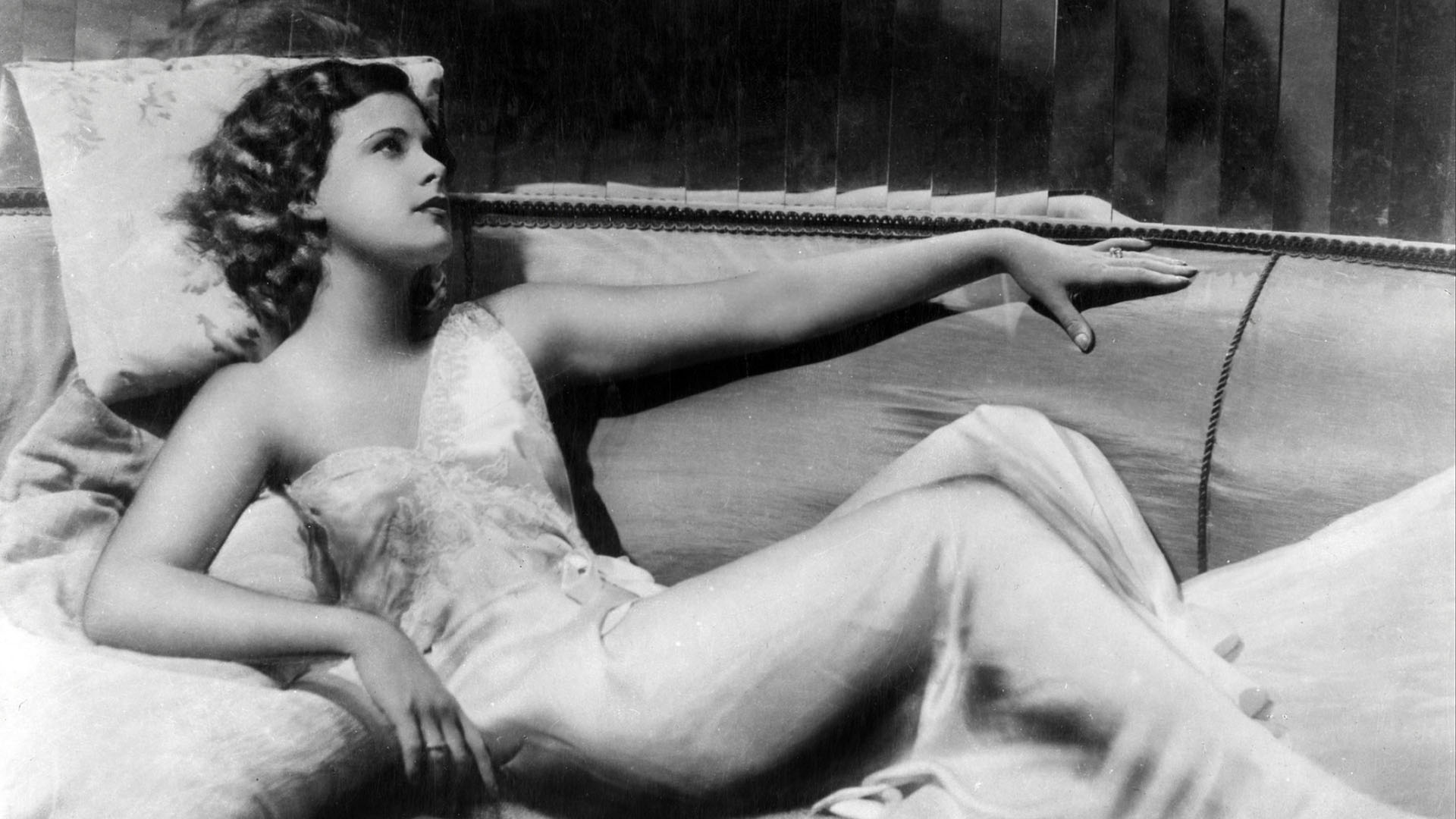
“Ecstasy” (1933): Directed by Gustav Machatý, this Czech film featured scenes of female nudity and sexual content, which was extremely taboo at the time. It was banned in several countries and became a symbol of controversy surrounding explicit content in cinema.
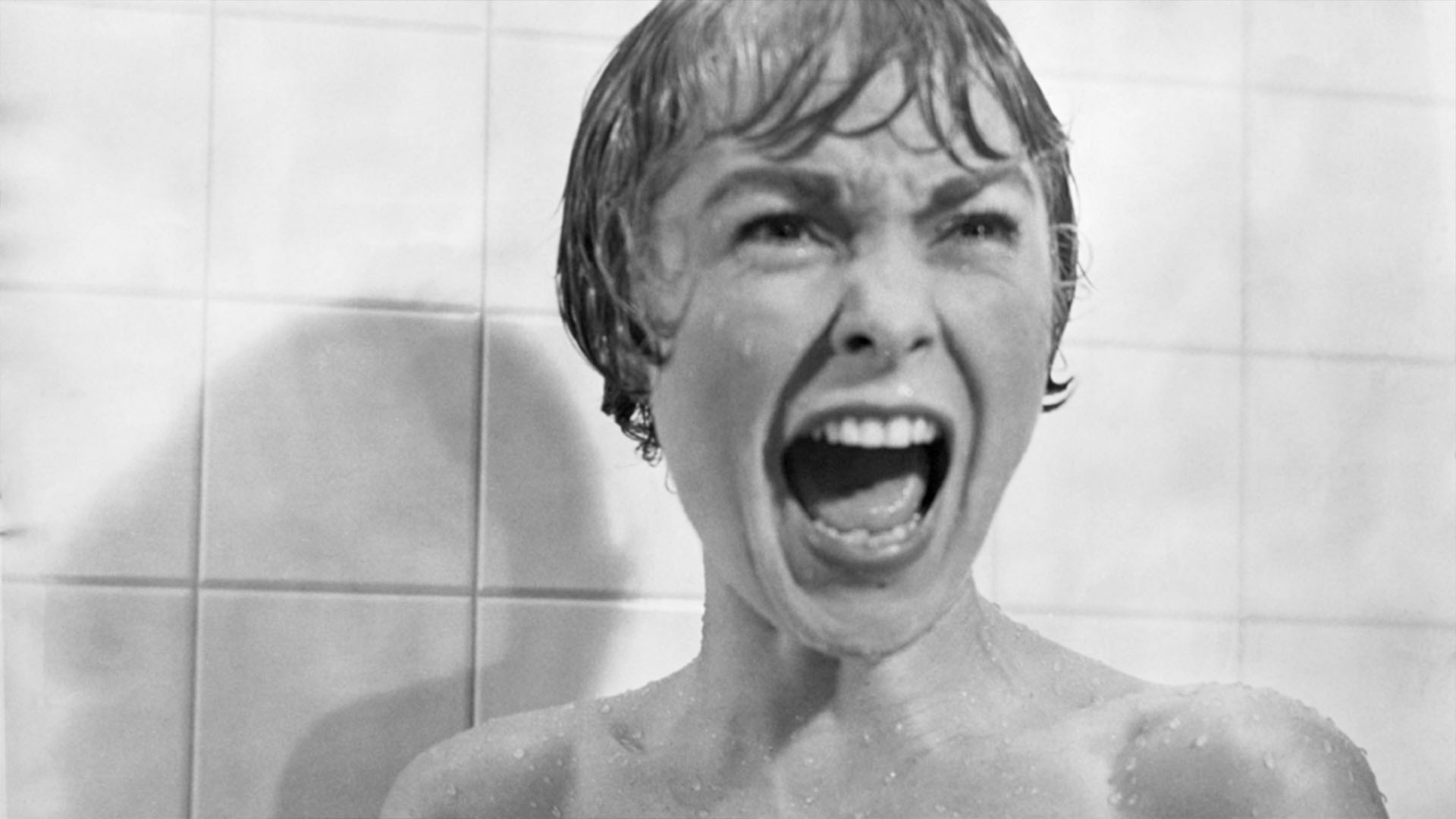
“Psycho” (1960): Directed by Alfred Hitchcock, this film was controversial for its explicit violence, especially the infamous shower scene. It challenged the existing censorship norms and pushed the boundaries of what was acceptable to show on screen.
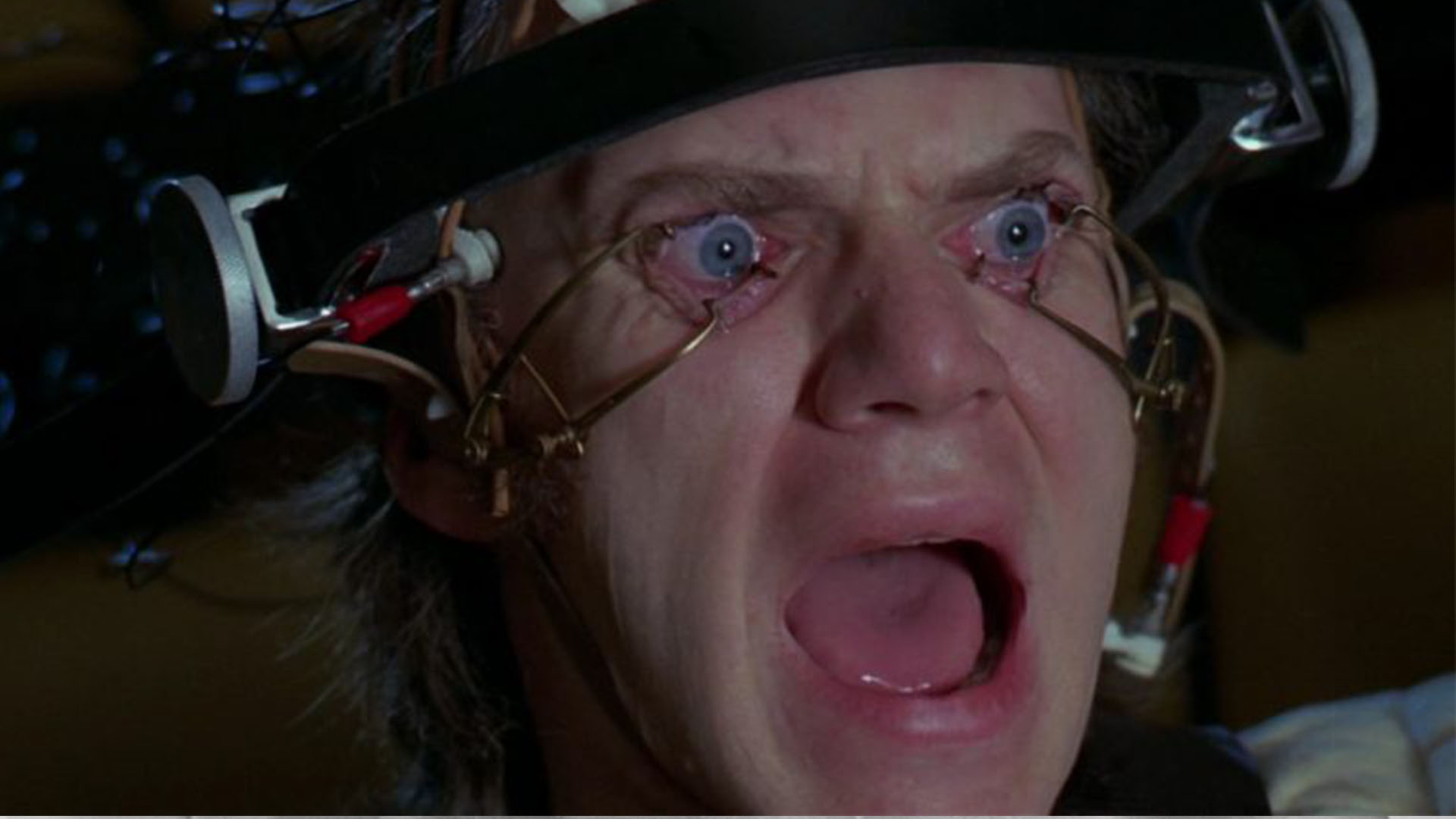
“A Clockwork Orange” (1971): Directed by Stanley Kubrick, this film, based on Anthony Burgess’ novel, was controversial for its graphic depictions of violence and sexual assault. It sparked debates about the line between artistic expression and gratuitous violence.
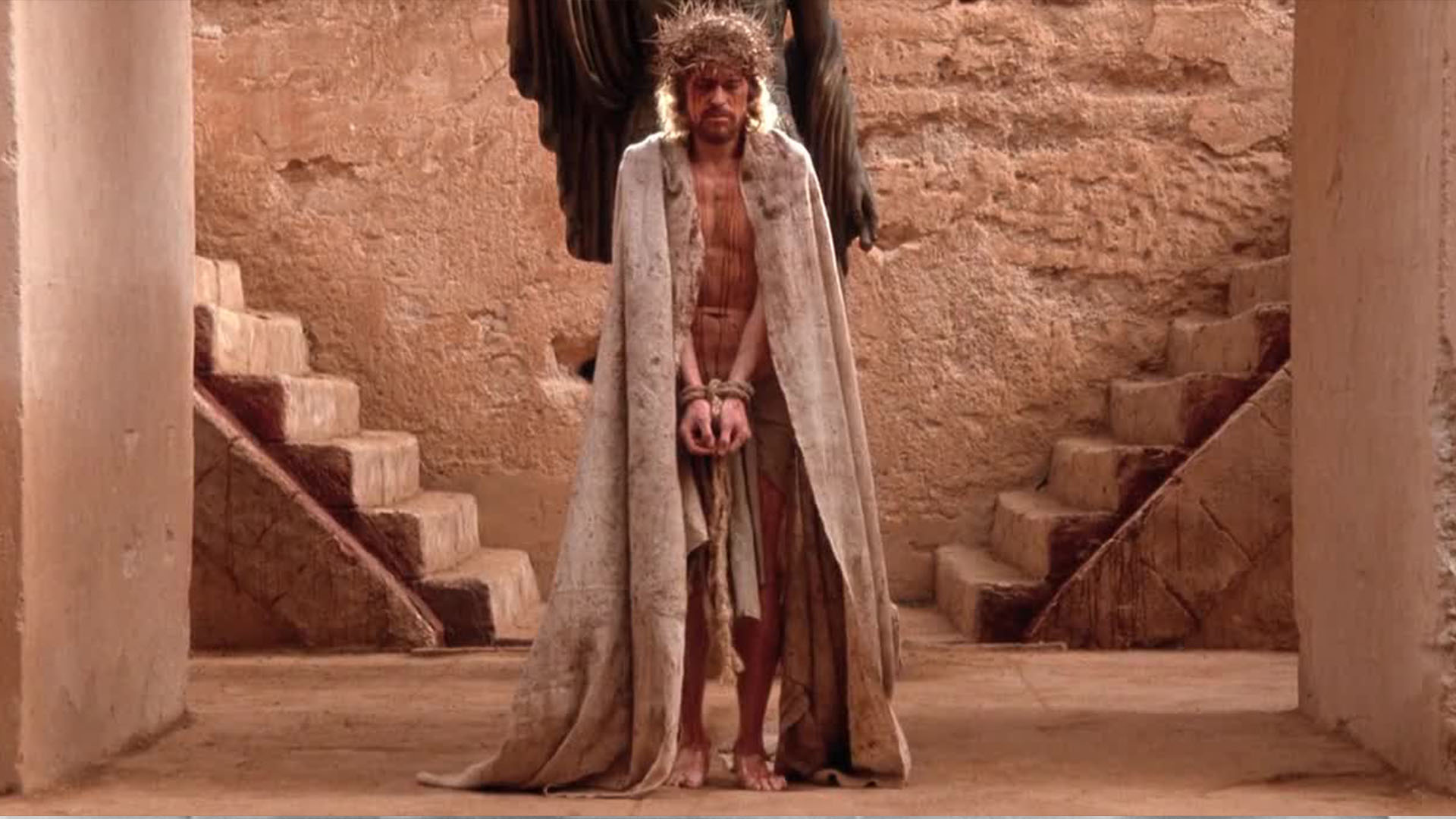
“The Last Temptation of Christ” (1988): Directed by Martin Scorsese, this film, based on the novel by Nikos Kazantzakis, was controversial for its portrayal of Jesus Christ. It depicted Christ experiencing human temptations, including sexual desires, which offended many religious groups and sparked protests.
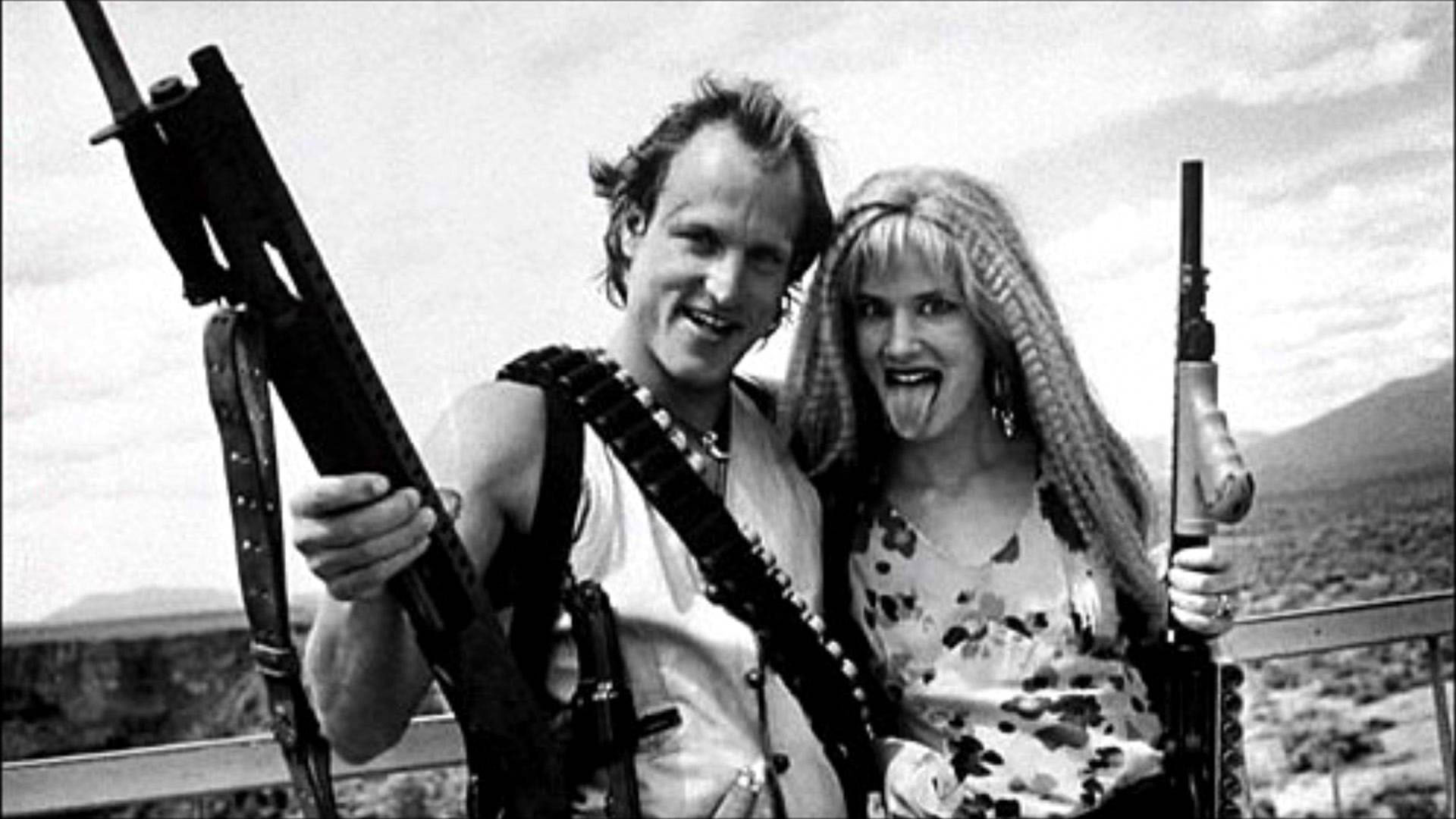
“Natural Born Killers” (1994): Directed by Oliver Stone, this film was criticized for its glamorization of violence and its portrayal of a murderous couple as media celebrities. It raised questions about the influence of media on real-life violence and became a focal point in debates about media responsibility.
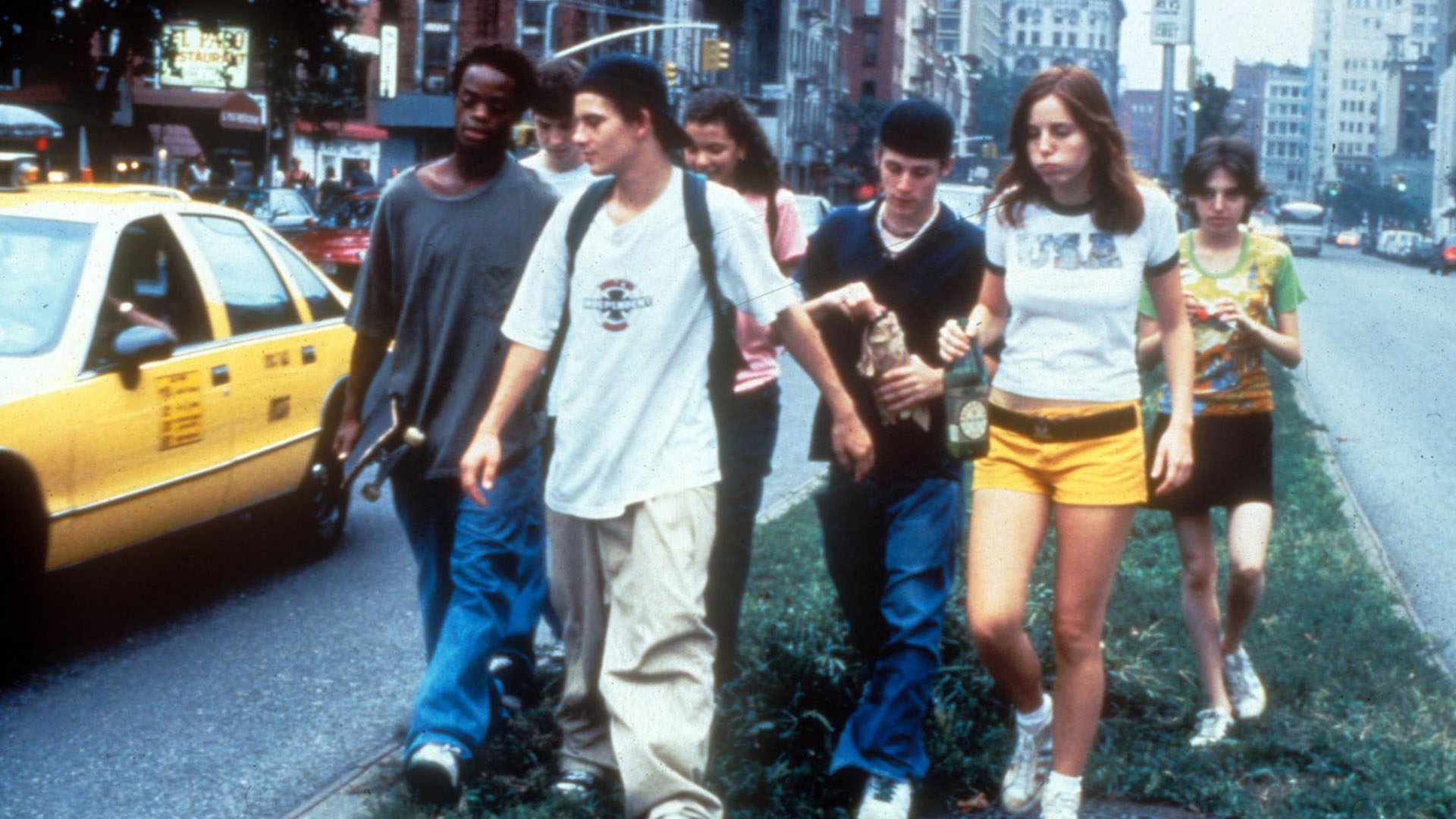
“Kids” (1995): Directed by Larry Clark, this film depicted a group of teenagers engaging in risky behaviors, including drug use and unprotected sex. Its explicit content and portrayal of youth culture stirred controversy and led to discussions about the portrayal of teenagers in media.
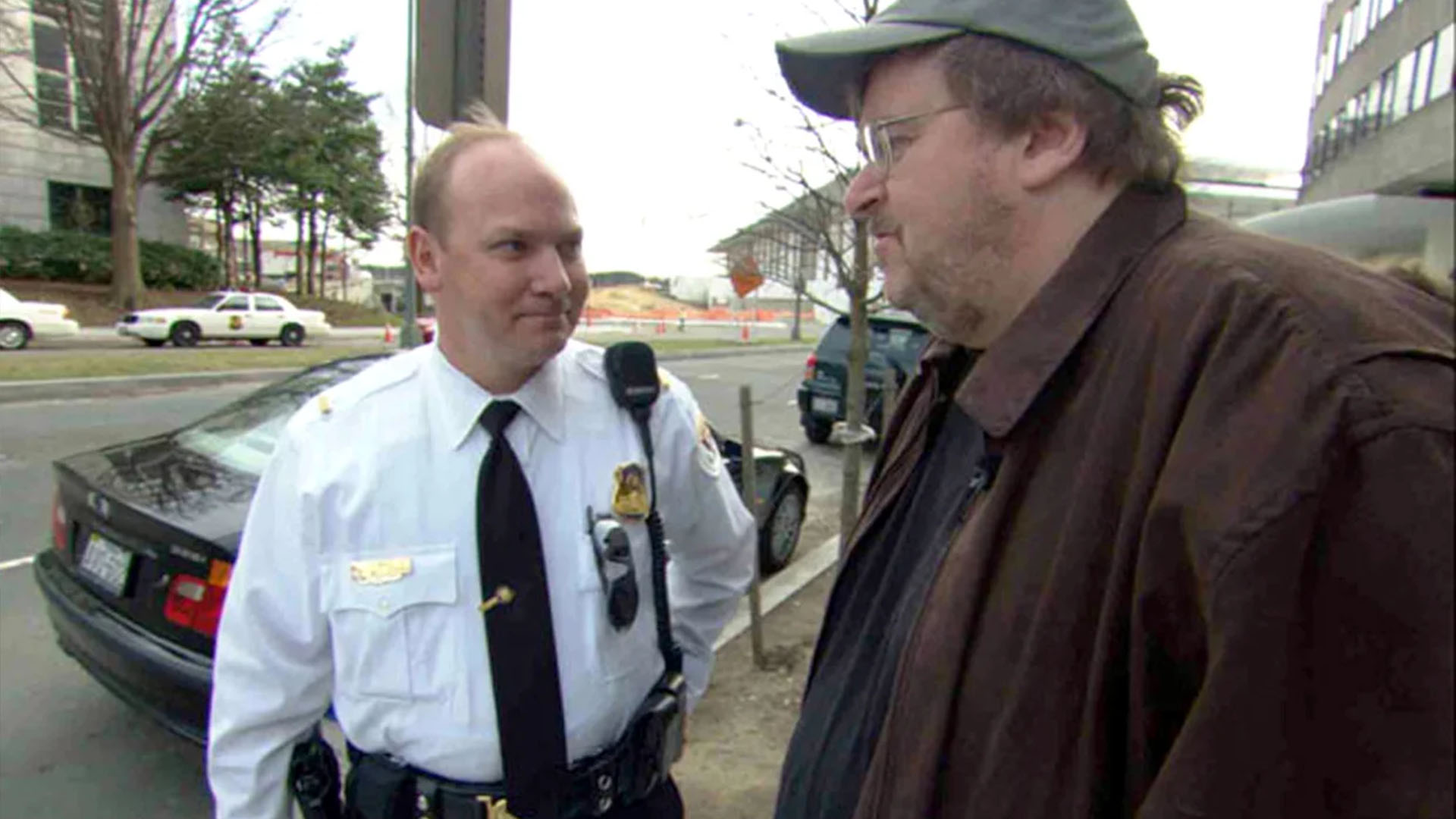
“Fahrenheit 9/11” (2004): Directed by Michael Moore, this documentary film criticized the presidency of George W. Bush and the Iraq War. It was controversial due to its political nature, sparking debates about the role of documentaries in shaping public opinion and the ethics of political filmmaking.
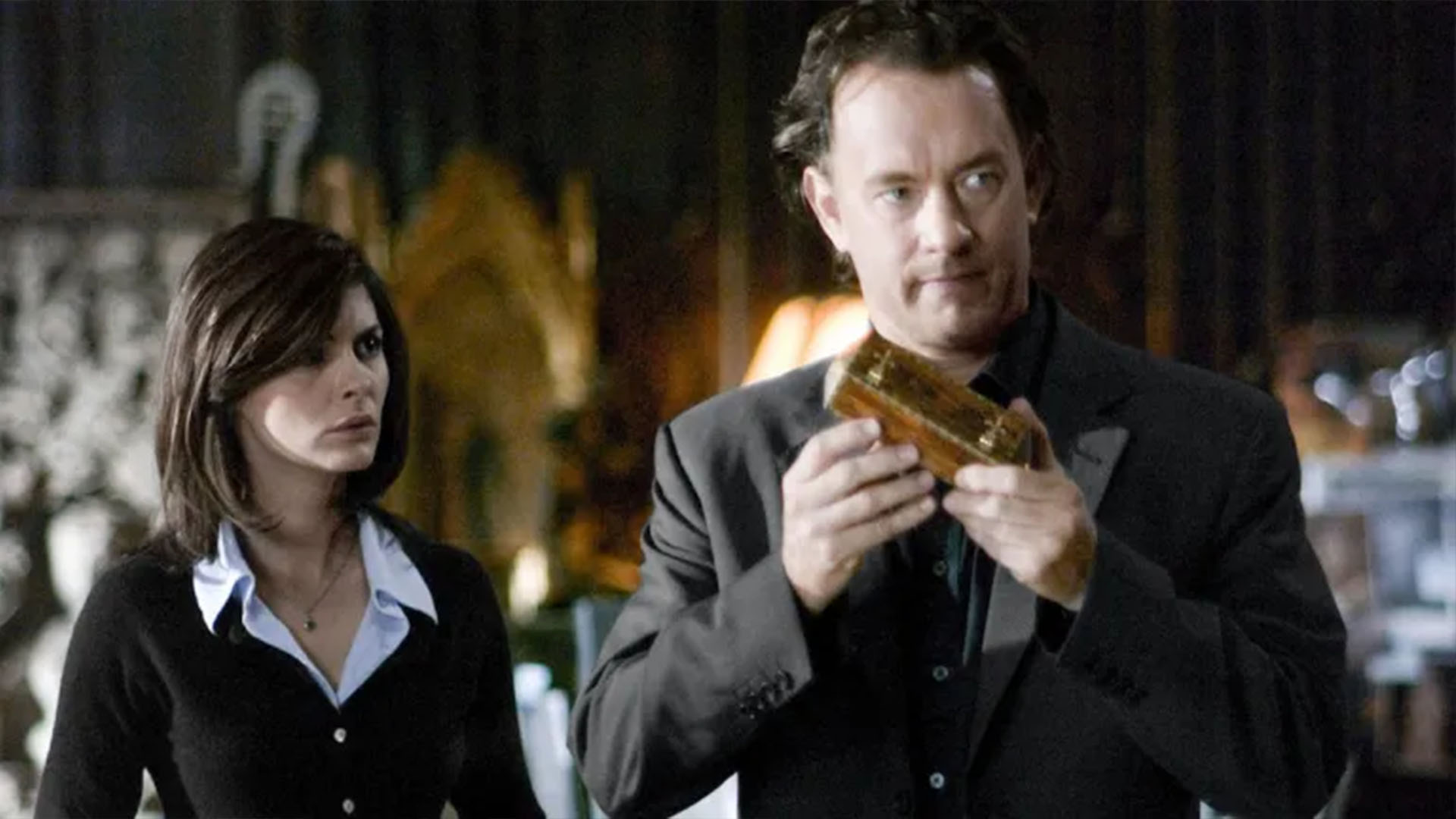
“The Da Vinci Code” (2006): Directed by Ron Howard, this film, based on Dan Brown’s novel, was controversial for its interpretation of Christian history and its suggestion that Jesus might have had descendants. Religious groups protested against its release, citing blasphemy and historical inaccuracies.
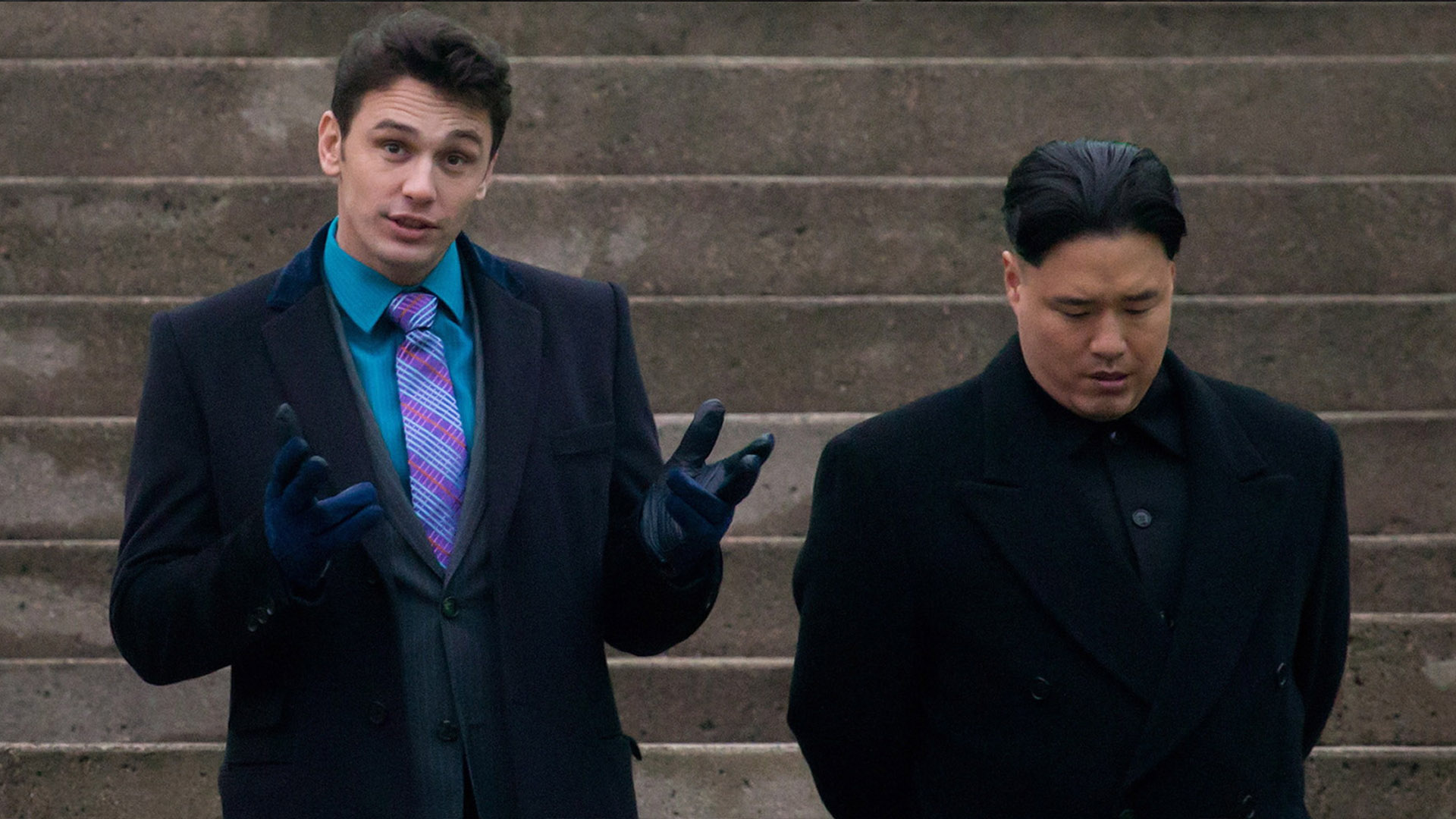
“The Interview” (2014): Directed by Evan Goldberg and Seth Rogen, this comedy film depicted a fictional plot to assassinate North Korean leader Kim Jong-un. It sparked international incidents, including cyberattacks on Sony Pictures, and raised questions about the boundaries of satire and freedom of expression in the digital age.
What film are you surprised to see on this list or think should be considered controversial? Let us know in the comments.
